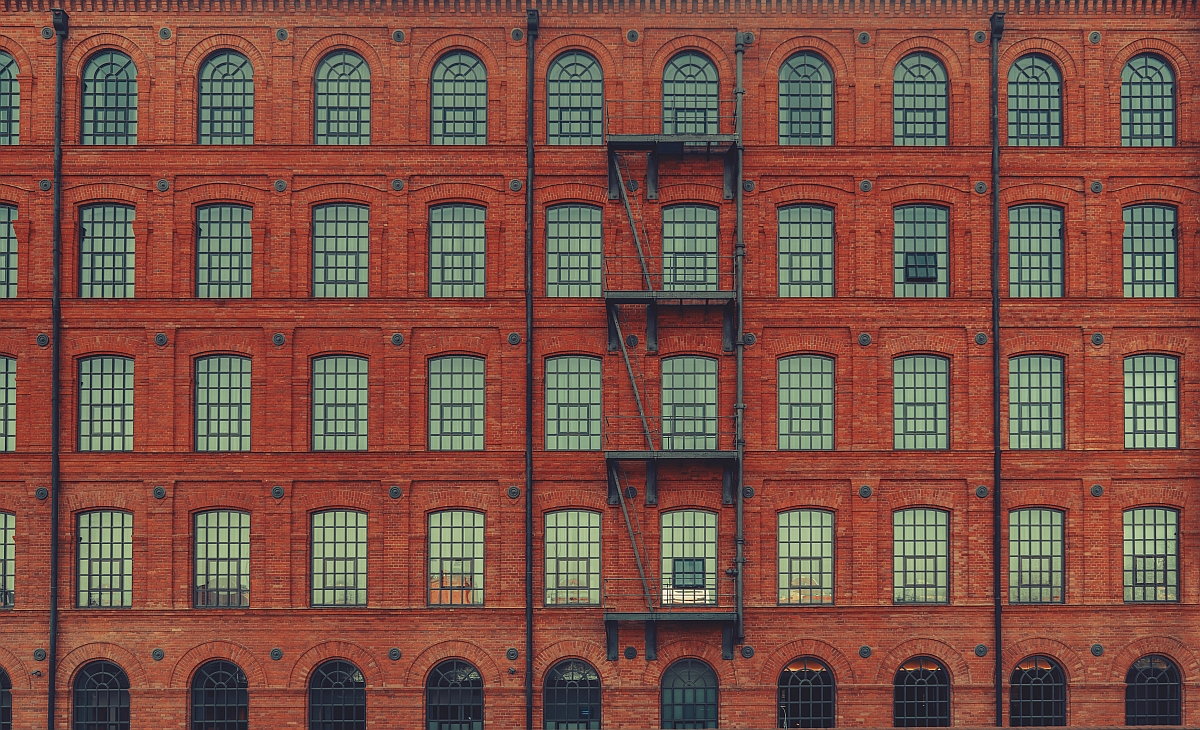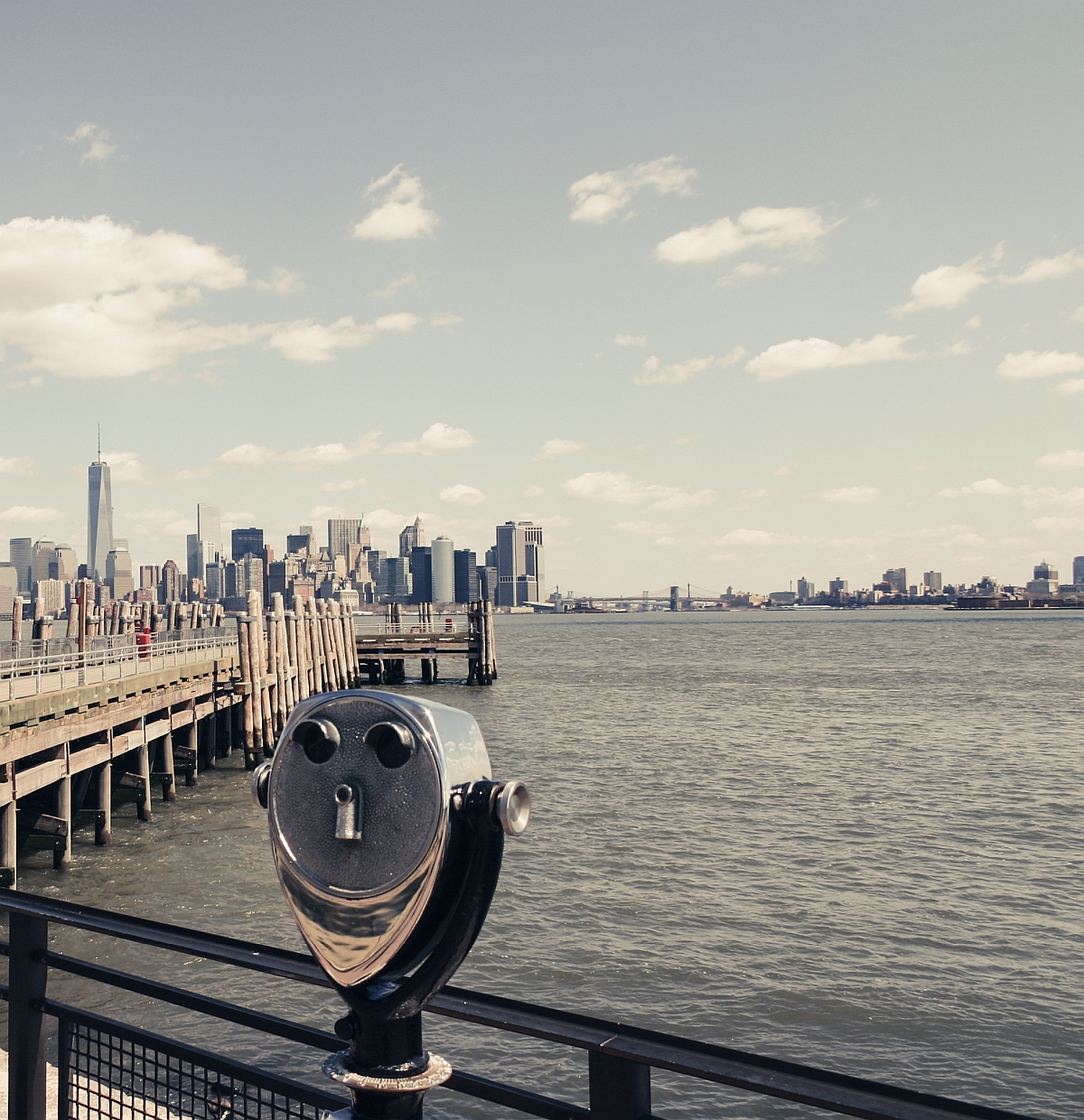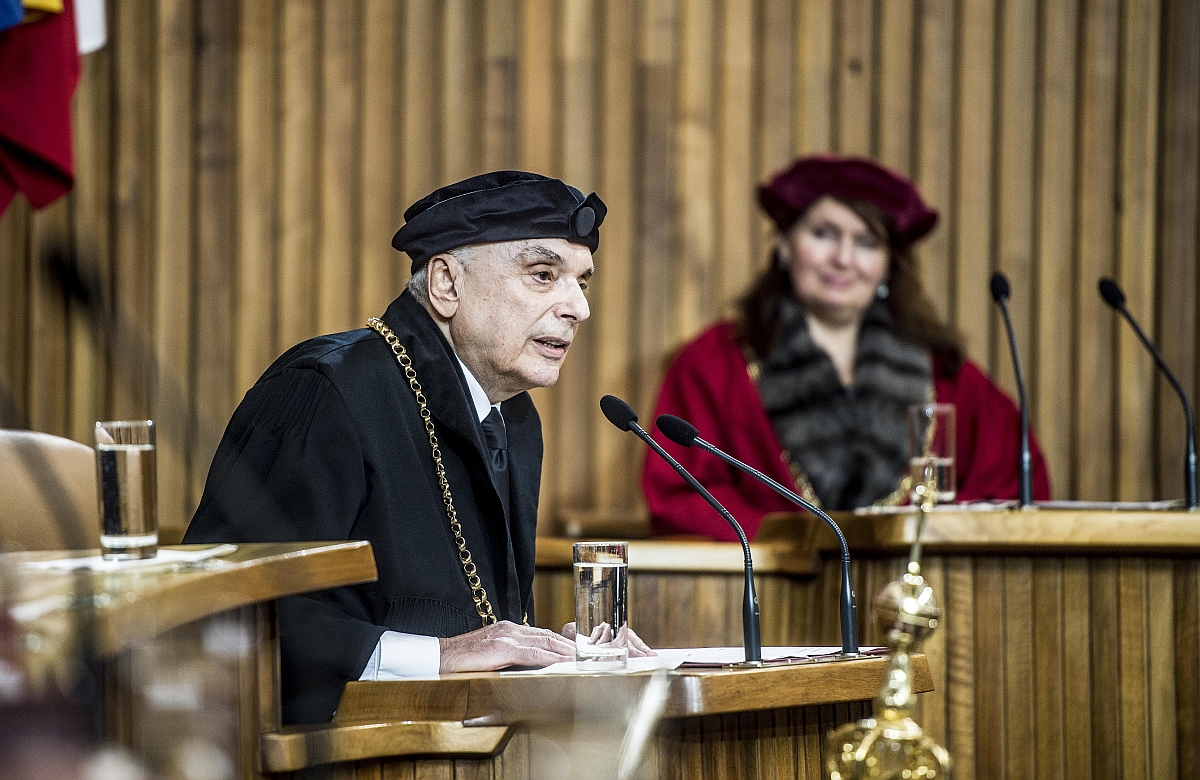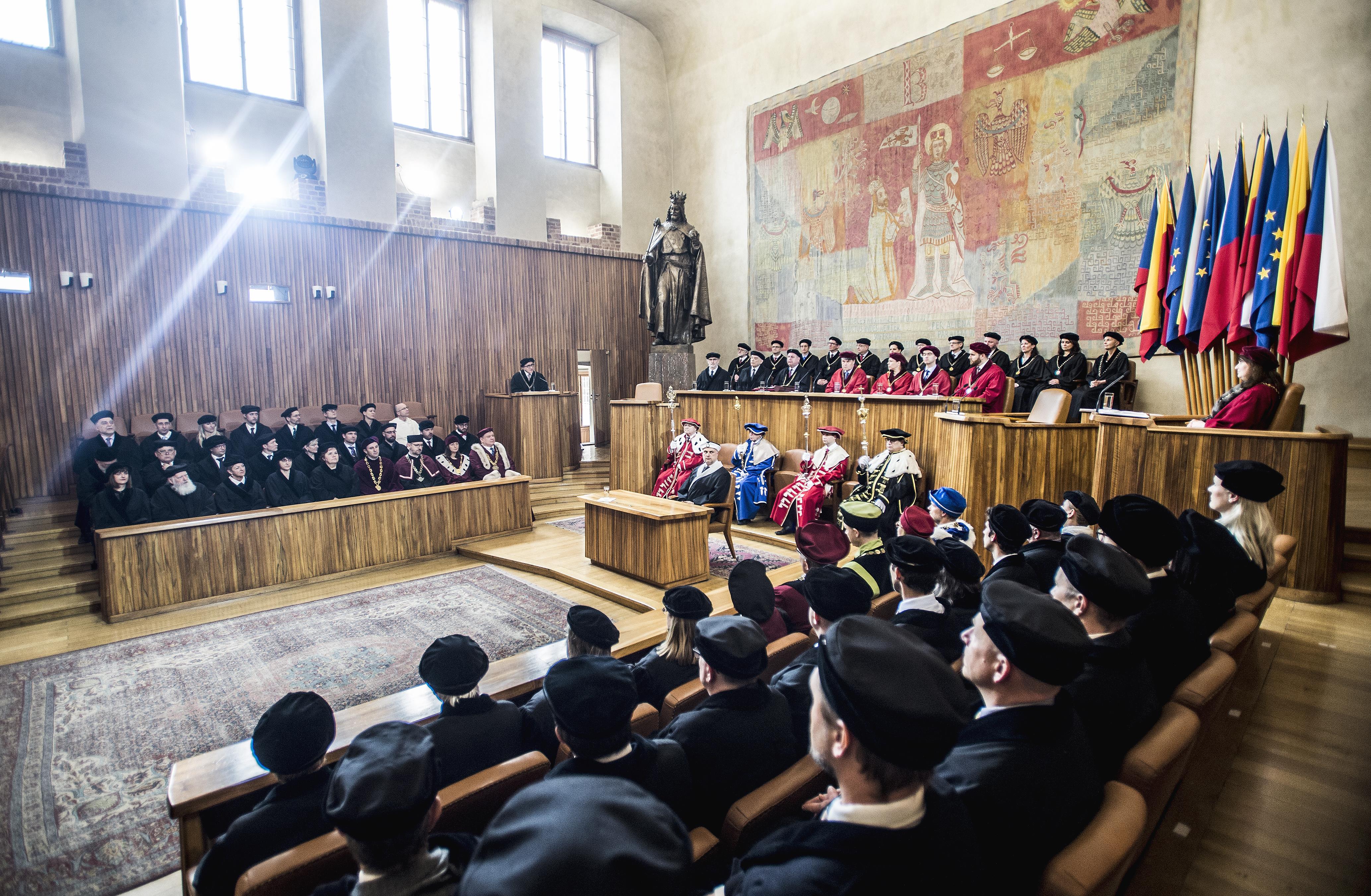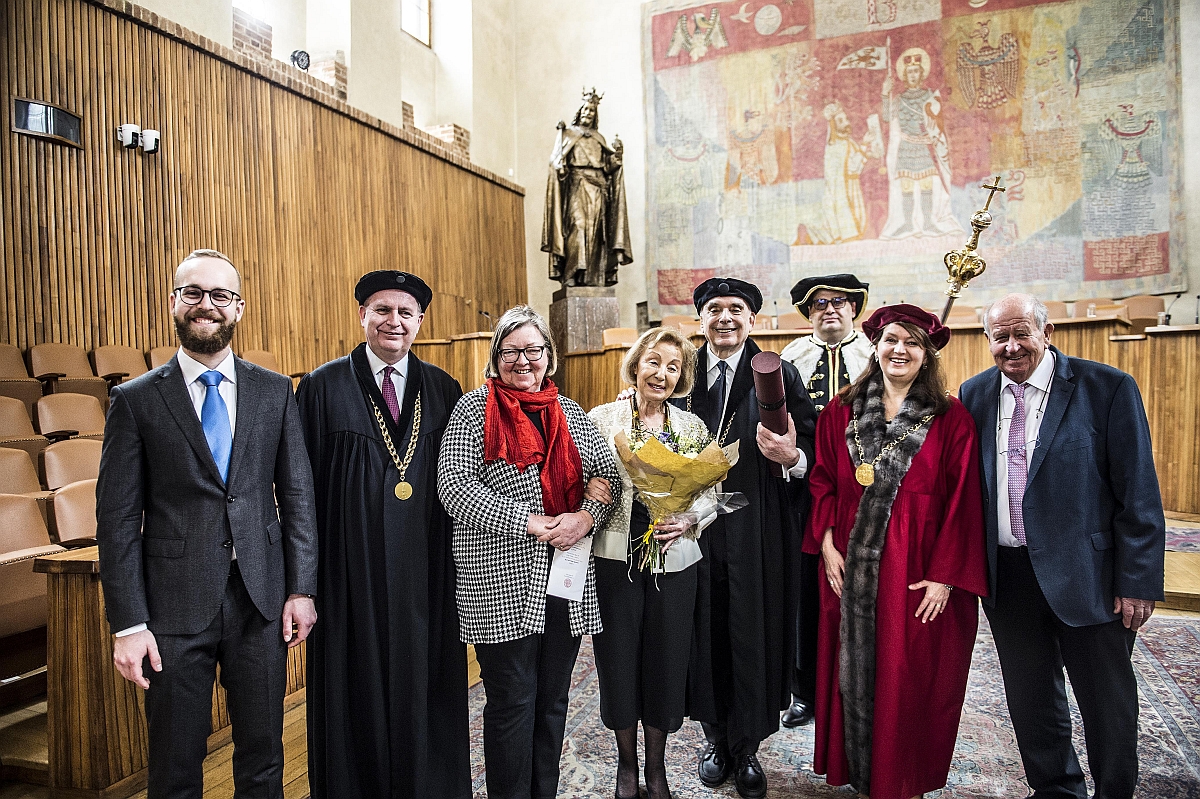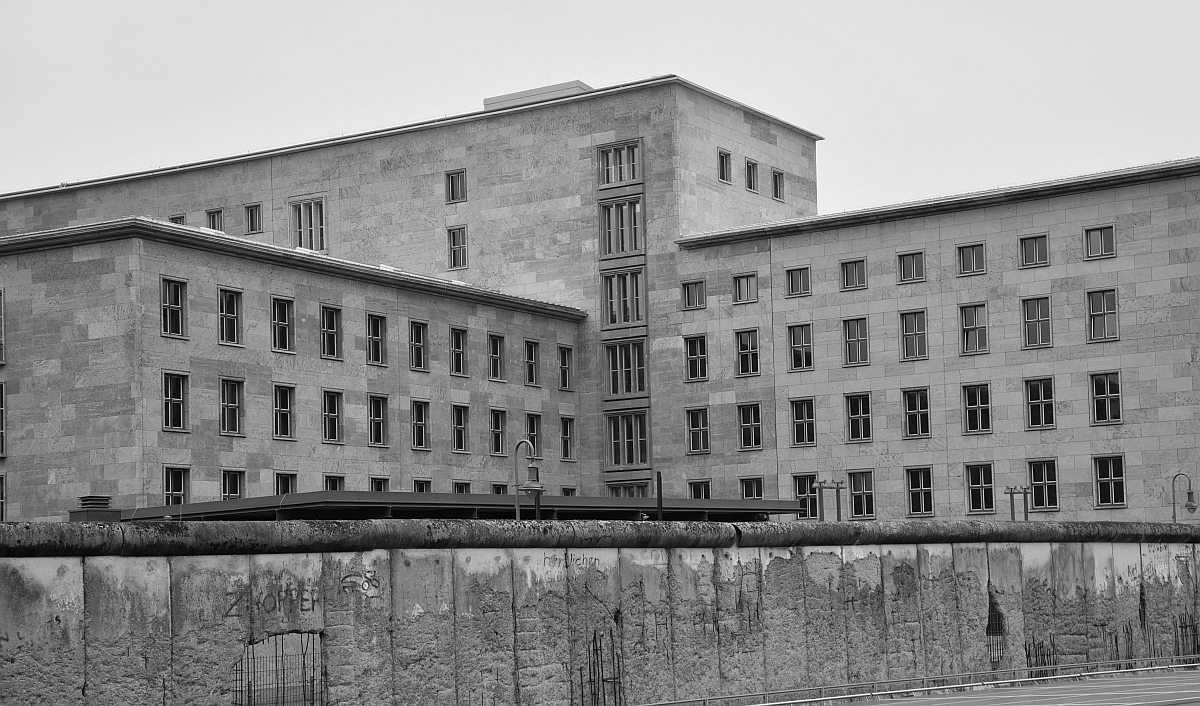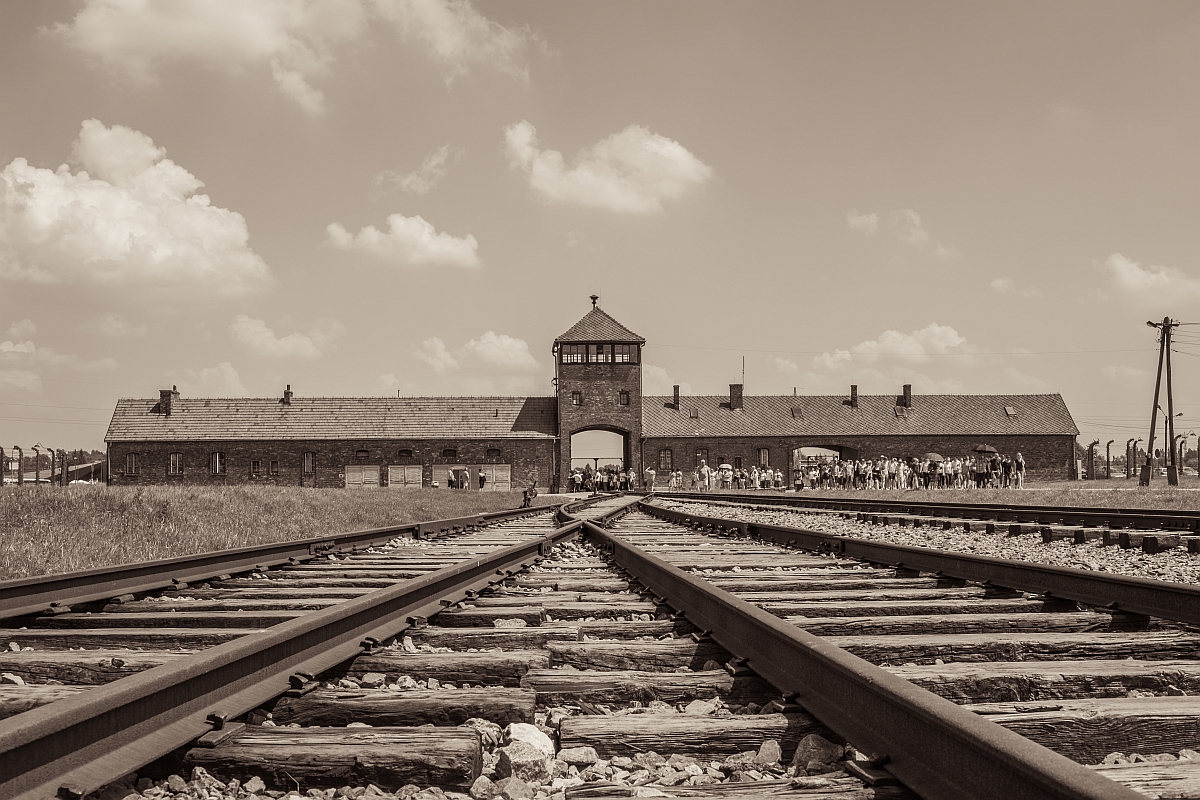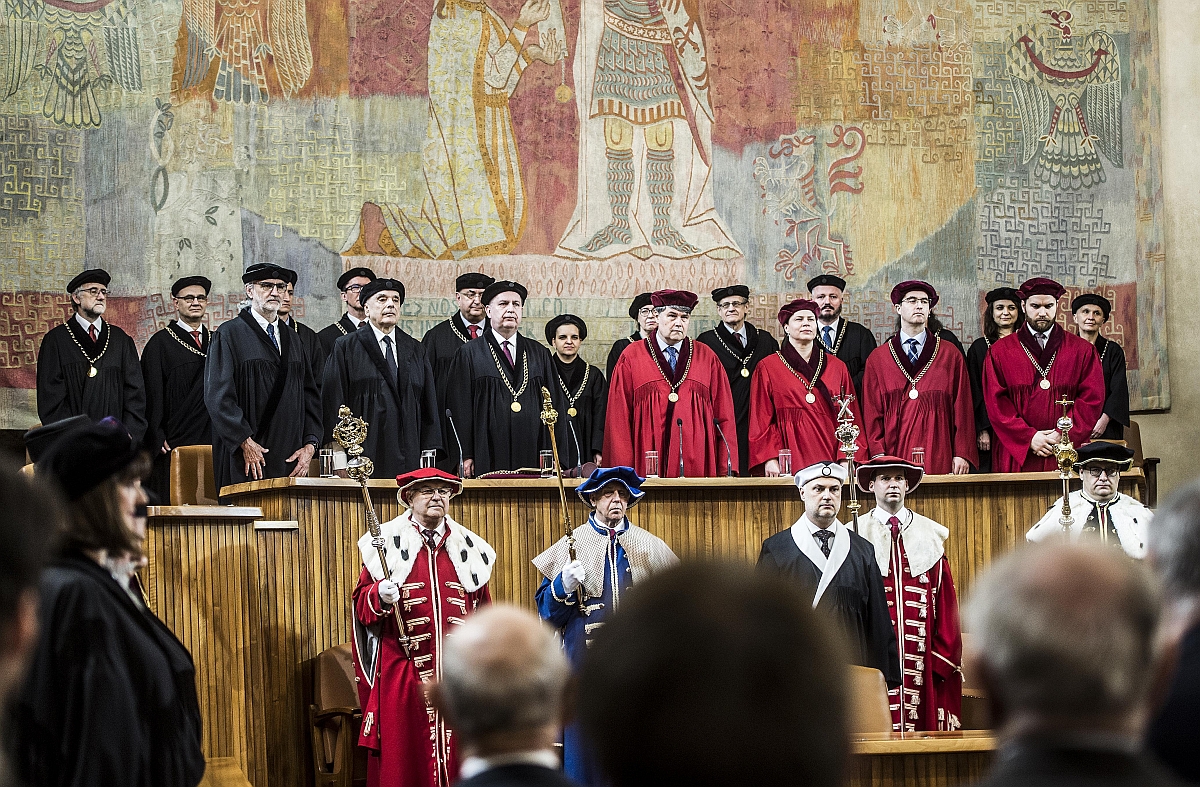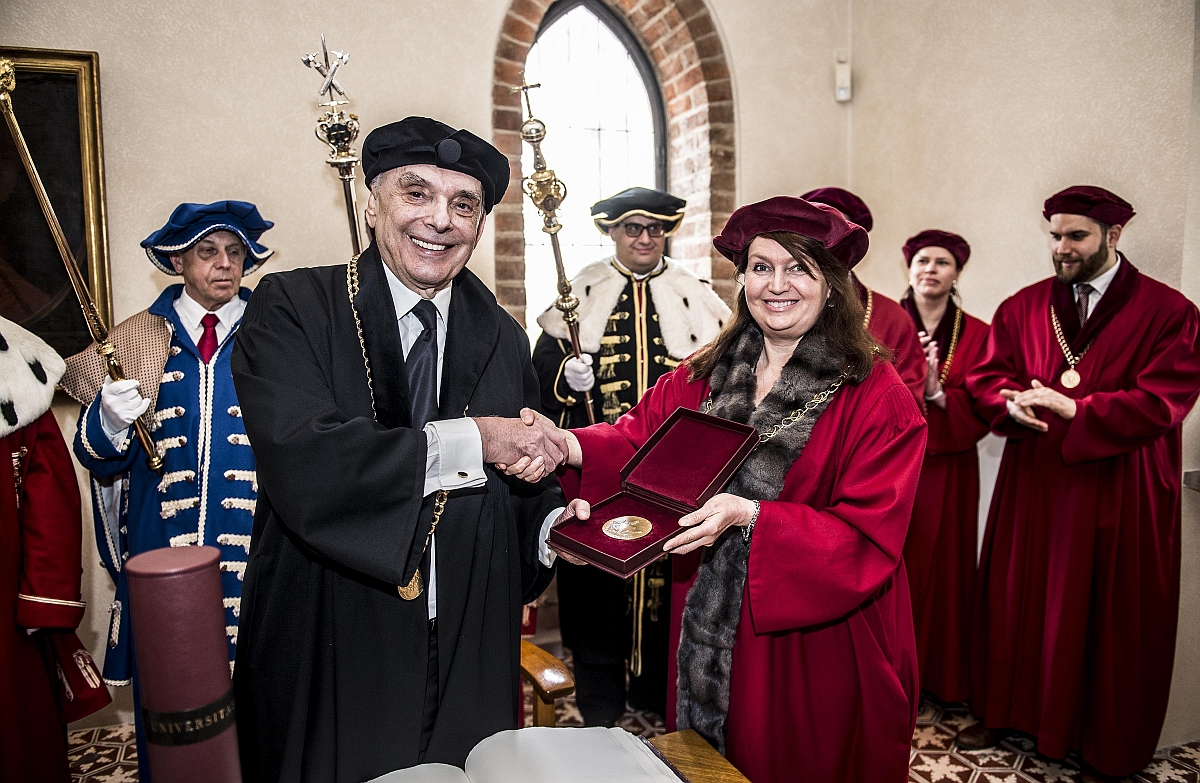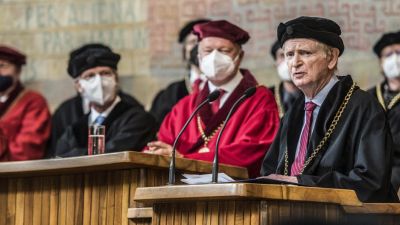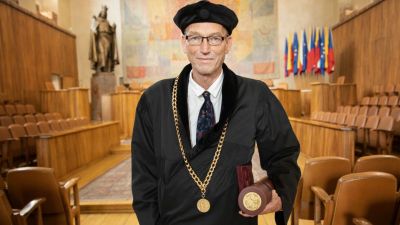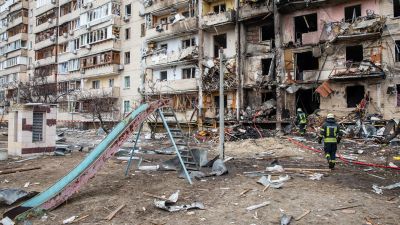Professor David N. Weisstub is a world-leading expert on ethics, bioethics, law and mental health. This month he was awarded the title of Doctor Honoris Causa of Charles University in the field of medical sciences for his outstanding long-term contribution in the field of ethics and bioethics and long-term cooperation with Charles University, especially with the First Faculty of Medicine.
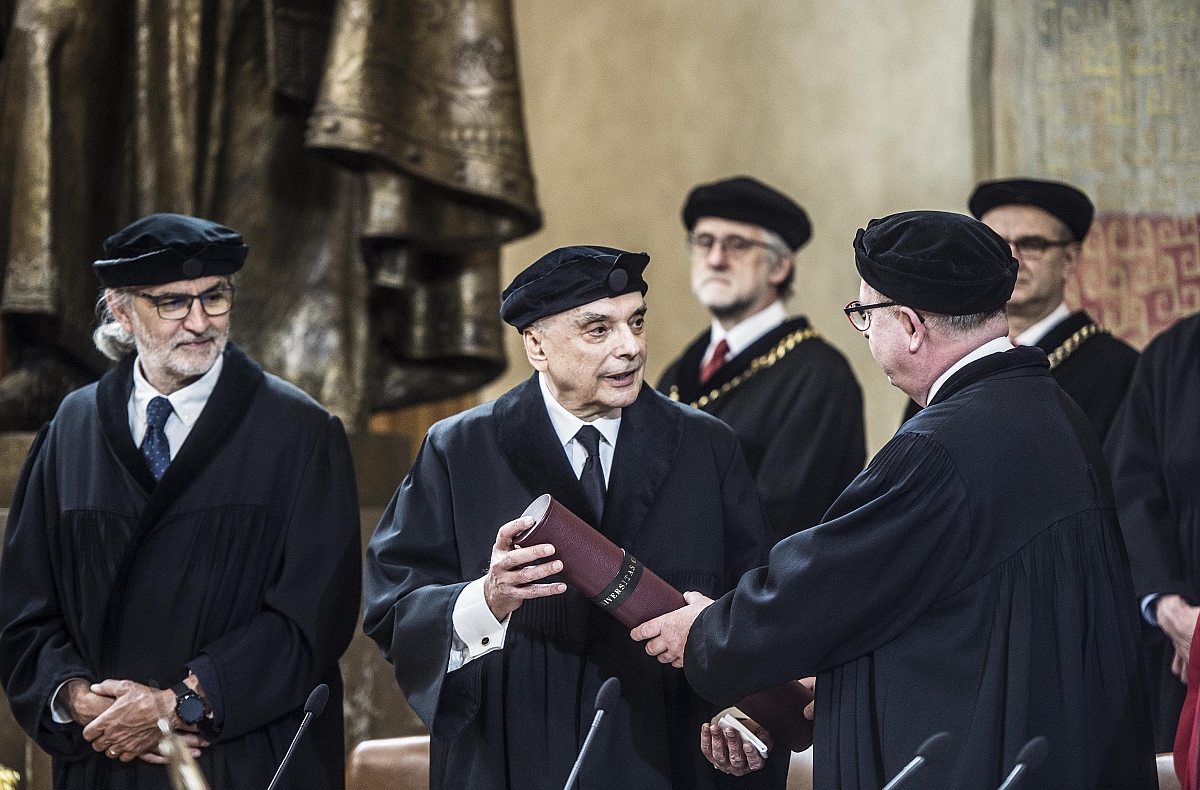
Canadian Professor David N. Weisstub receives an honorary doctorate from Rector Emeritus Tomáš Zima on 5 April, 2022.
I spoke to Professor Weisstub on the day of the ceremony, asking first about his education and most unusual upbringing, which could be described as a melding of the Old World and New.
Your alma mater, in the early 1960s, was Columbia University where you completed your degree at the age of just 18. Your story is clearly an unusual one…
It is a curious history. I grew up in Port Arthur (pop. about 15,000 in the 1950s), north of Lake Superior in Canada. My father, born in 1886, had come to Canada in the 1920s – a graduate of the University of Vienna – and he was a 19th century elder and pioneer doctor. We lived in a world of Emperor Franz Josef, pre-WW I history, in our home, and I was taught at home by my father. He lived a wilderness life in northern Canada but our home had a Central European atmosphere. We spent many days studying classical philosophy at a ridiculously young age and that led to me going to New York at the age of 15.
My father was dying and he wrote a letter to Abraham Joshua Heschel, a Jewish philosopher of renown. Heschel spent some time with me when he was giving a lecture in Winnipeg and he suggested that I begin studies in New York, where I became a student in philosophy at Columbia. At 16, I was already taking graduate courses, studying the history and the philosophy of science, and I graduated after taking multiple courses.
I had actually started in pre-med but was still too young and childish: the smell of a frog preserved in formaldehyde I had brought to my dorm room was so oppressive I gave up medicine at that time. I then developed an interest in ancient languages and ancient cultures, influenced by my upbringing.
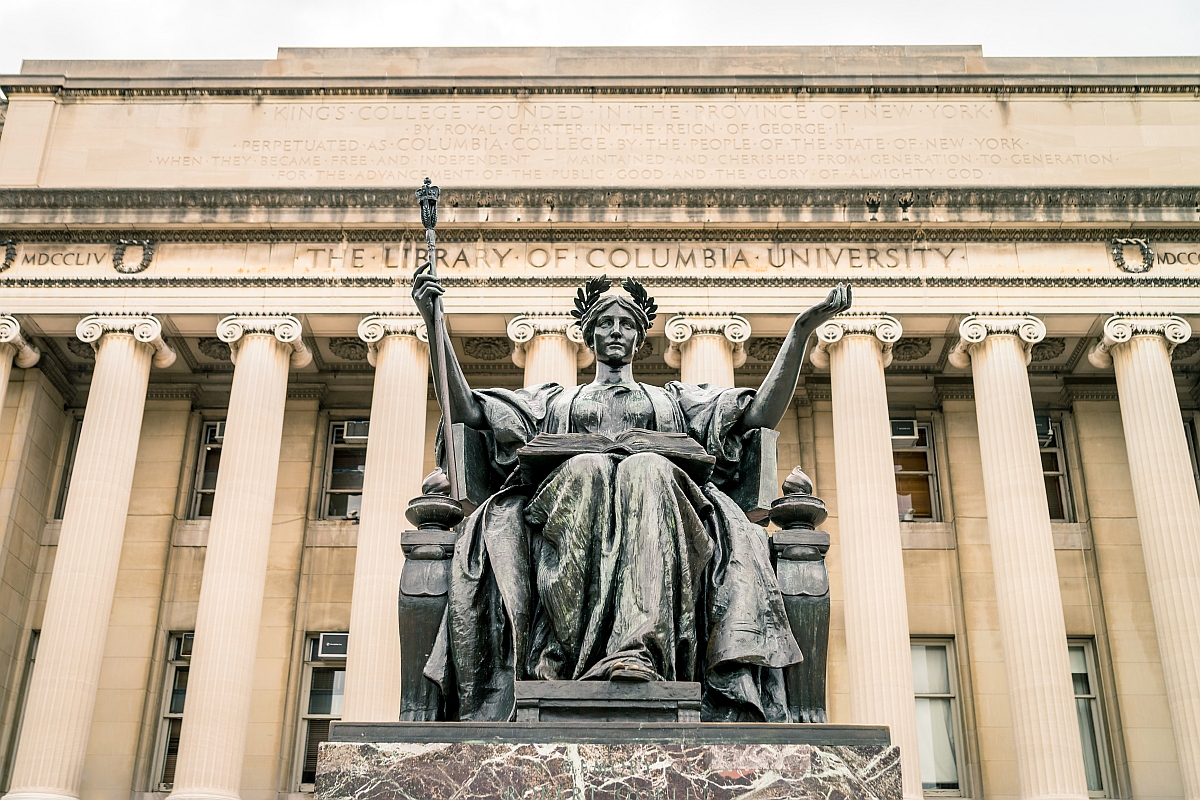
The famous alma mater statue at Columbia.
Your father had a huge impact…
His focus on classical studies was in a way all very predictable but he really was a pioneer doctor: in the early years he used to go with a dogsled in the winters to Indian reserves, he knew Cree, he was an avid fisherman and very eccentric. He used to recite poetry in Russian, Ukrainian, Polish, spoke many languages like my mum. He spoke Hebrew with me at home. He had an intellectual circle of emigres who had somehow ended up in the North. There is lots of nostalgia in that upbringing. The old world was very near and my father idealised the pre-war years. But the grandparents were annihilated in the Holocaust. I had an uncle, a medical doctor on my mother’s side in Paris, who survived. He had been a captain in the French army and his Jewish heritage had remained a secret.
Some aspects of Canadian life – the kind of we see idealised on the back of the five-dollar bill in the form of back pond ice rinks – seem very separated from the upbringing you describe. In an email, I was asking you about hockey because you live in Montreal (and there is no greater hockey city).
But in my youth, hockey didn’t escape us either. My brother was a great player, who later ended up playing for the University of Manitoba. He also studied to be a doctor and became a professor of psychiatry. [When I was small] there was a rink in the backyard, everybody played hockey. But I never learned how to skate backwards and so it wasn’t for me.
To come back to your start in New York: you were a very serious and studious young man – but around 1960 it must have been an amazing place to be.
Everywhere I showed up there was a crowd of intellectual survivors from the old world – centres of thought in Prague and Vienna – and I kind of lived in that semi-European mindset although I was raised in Canada. When I went to New York, that circle was all around: I met it in antique shops, at Metropolitan Museum lectures, and at the opera. The survival of that intellectual legacy was very present in New York in 1960. I had a close friendship with people from that world and… the sense of cultural heritage was intense. I felt completely at home with that.
What did you do in your spare time?
I was so excited by New York that I slept little, I was constantly at the Metropolitan Museum, I knew every room, I studied the antiquities and special collections, I also went equally to MoMA. You used to be able to get standing room tickets for opera at the old Met, and cultural life was rich. I spent a lot of time in Greenwich Village playing chess at the Rossolimo chess gallery – I didn’t have any money and was living on scholarships and would go there to play chess, I was a member of the third board of the Columbia chess team and I would try and spar against people I thought were less astute at the game to make a little pocket money.
While I was at Columbia, I was a student at the Jewish Theological Seminary, in pre-rabbinical studies, and an auditor at the Union Theological Seminary, listening to lectures by people like James Muilenburg and his famous course on Jeremiah. I developed an interest in ancient Hebrew texts, which influenced my poetry writing and I even used to attend, because of a literary friend, a white Russian orthodox church and I would go to the tea, bread and honey reception afterwards. Why? Because it was again part of my upbringing. My father saw himself as a Tolstoy-like figure living in the wilderness. But I mean it was kind of weird that a student at the Jewish seminary would be hanging around the Russian orthodox church. But it was all very natural. Culturally I loved every minute of being in all these different circles in Manhattan.
Were you always the youngest in certain circles, given the age at which you began? In Czech, they call the youngest and new member a benjamínek, which means something like rookie.
Well I don’t think I really shaved properly until after I had gotten my degree and I think that some people thought that I was the son of somebody just joining in in the lectures. So it was awkward at first. But then I began to enjoy myself. Culturally, my life was better than normal but my life was not that of a young boy, who would play sports, it was fun but not normal. I was the youngest but there was also the sense of having been chosen. I was a rookie with a purpose and a mission. And I suppose that it was also a kind of protective coat.
How did philosophy and theology mix with law and ethics?
I had an interest in debating, oratory and law was a natural part of the sequence. Law, also, because it was a purveyor of Western values. I had a very elevated view of the legal system, which was compromised by different experiences of it later – in the contemporary world lawyers take their place alongside stockbrokers, real estate agents and swindlers, so one has to be very cautious in overpraising the profession.
But for me it was very idealised. In the last part, I studied Latin in order to be able to study at Oxford, where I was admitted but didn’t go, frankly for a lack of financial resources. My mother at that time called on me to return to Canada and so I went to Toronto and was able to get scholarships and teach a confirmation class at Holy Blossom Temple, and so I returned to Toronto to study law in 1963 but then turned to philosophy before returning to study law at Yale. It was the philosophical part that fascinated me but I decided that I needed a real law degree for a stable life and Yale fit the bill. I was very satisfied: Yale combined philosophical studies with constitutional law. It was very interdisciplinary and the years in New Haven were super.
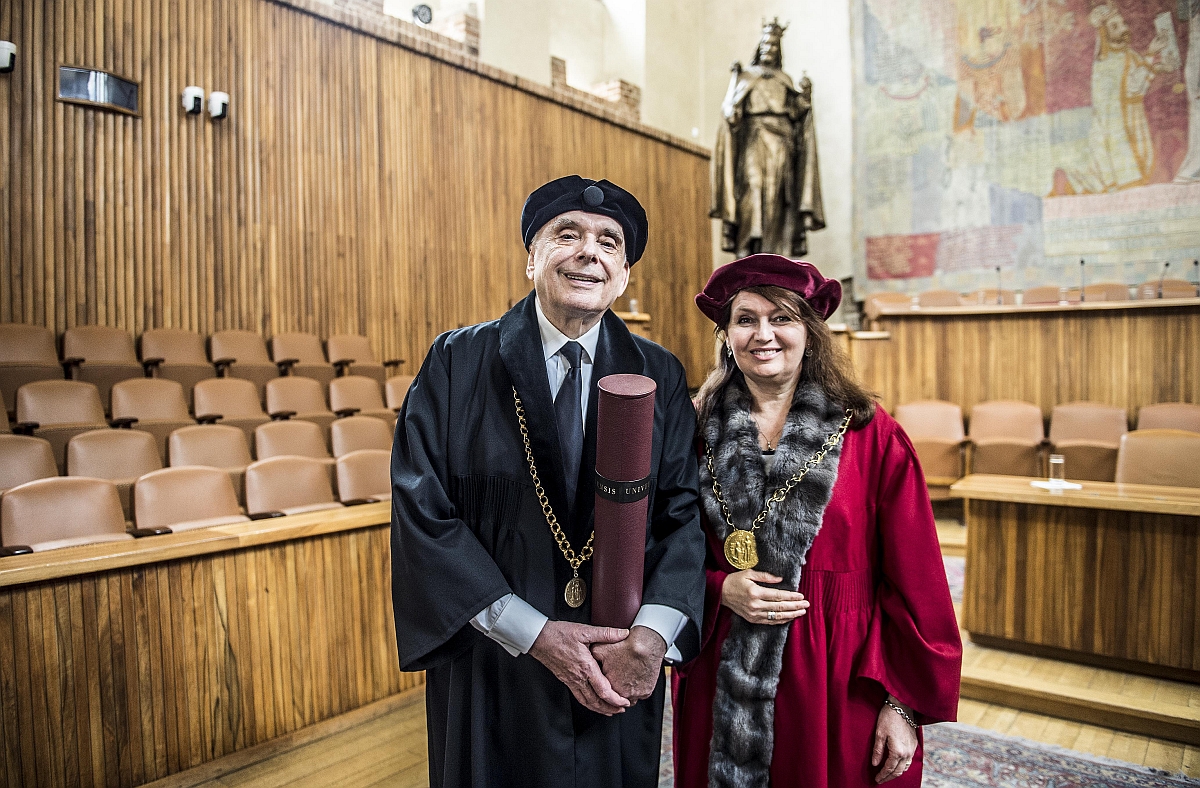
Professor Weisstub with the new rector of Charles University Professor Milena Králíčková - the first woman to head the school in its 674 year history. At the Carolinum on 5 April 2022.
Was there any particular question for you in law which was vexing, which needed answering?
Yes. I had an interest in natural law theory: what was the origin of the fundamental values of US constitutional law and should Canada have a Charter of Rights? Would that substantiation of fundamental values make a difference? And I was of a mixed mind. I was very influenced by Alexander Bickel, who was a judicial conservative. And these are debates that are raging now in the United States! His view, in the tradition of Frankfurter who was his mentor, was that judges should not mix in too much into activist politics, they should try and reserve judgement away from the political storms. So I was kind of a legal conservative while at the same time I was attached to Ronald Dworkin at Yale who was definitely a constitutional progressivist. I have never been able to reconcile these two impulses.
Throughout my career as a law professor and even now I was perplexed by which way to turn on the question of ‘is it credible to locate values of the 18th century and apply them as if they were written in stone’, the originalist positon, or whether judges at the highest level should be vehicles for social reform and to catch social trends at a certain level within a given legal culture. Even at this stage of my life I can’t make my mind up. I am very issue oriented and find myself swinging back and forth on that question. But that stayed with me as the most important: the role of the judiciary in terms of changing social mores, what to do about it, and I am not pleased with any fanatical answer to that or even the ambivalence which I feel embodies the correct response. Look at the issue, keep your mind open, and if it appears you are being contradicted, live with it.
That is an example of how fragile the legal instrument is. All you need to do is look at the judges in the Weimar Republic: they were all educated in Immanuel Kant and the highest philosophical and ethical traditions and vested in Western history. Yet then you see the photographs of the same judges saluting Hitler. Conservatism can lead to unholy alliances, but social activism can lead to the destruction of fragile institutions. There are risks on both sides and I think we have to be careful in being fanatical in either direction. I have maintained that position for decades although sometimes it doesn’t look logical, coherent or consistent.
We are living in times when things have become extremely polarised politically and not just in the United States. One example, is that of the US Supreme Court and the wife of Justice Clarence Thomas tweeting advice to Trump’s chief-of-staff on how to overturn the 2020 election! Those are things that I never thought I would see – and didn’t feel was possible – in the US. It doesn’t gel with who I thought Americans were.
It’s an excellent point. We have de-mythologised the judiciary. I mean, everybody who knew about real law, law in action in the United States, would have been aware of the prejudices of some of the most laudatory members of the Supreme Court in the past! After all, it was all male, they were members of clubs that denied entry to Blacks, Jews and even Italians and other ethnic groups. But this exposure of the judiciary has come at a time when all other professions have already fallen; exposés have occurred about leading medical personalities, major researchers, compromised by the pharmaceutical companies, using patients as guinea pigs. The judiciary in a way was the “last halo” to fall.
I watched the commentary about whether Judge Thomas should recuse himself from cases coming up related to the events of 6 January and I think the answer is a clear ‘Yes’! The judiciary was always like that but now it has been highlighted, the dirty laundry is front and centre and for the ordinary citizen it is very disturbing when it comes to the question of continued tranquillity in liberal democracies. In a way, America was the last flag to be taken down and the judiciary was at the highest level. To see it degraded in this manner is disquieting to Canada and Mexico as well as countries in Europe. But it’s also the truth – for all to see.
The question then becomes ‘Can the collateral damage be contained?’ And can things be transformed or reformed to something better?
On the US Supreme Court, Ruth Bader Ginsburg was friends with Antonin Scalia, they were an ornate intellect, they both loved opera, there was a civility. But that civility is gone. Clearly, the judges are not cohesive socially or intellectually and they know who their political backers are. The collateral damage is not comforting. Anybody who celebrated Roe v. Wade in the Clintonian tradition of liberal women is aghast at the kind of interrogation we saw with Ketanji Brrown Jackson but celebrated by professors of law who are conservative, corporate leaders, anybody on that side who watches Fox News. They are not all idiots but the fact is their positions can appear idiotic. They have cast civility to the wind on all kinds of issues and that approach has gone mainstream.
The red line has been crossed and the destabilisation of countries can be seen when the most revered institutions lack or lose credibility to the general public. Is that not the time for revolution and social change? The question is now how will that affect the next election, and if Biden is disrupted, how much of an impact those things will have… Certainly, the world is watching – things like NATO - and the question is whether moves will be sustainable or whether there will be a period of regression and, quite frankly, revenge against the liberal mission following Trump. The courts are not immune. They will have to decide many issues interpreted as being political. And the impact of those decisions will be felt far beyond America.
To return to your career, ultimately, you continued your studies in the medical profession. And over the years, you proved extremely influential in areas of ethics and psychiatry, founding the International Journal of Law and Psychiatry.
You know, law and psychiatry is an odd wedding. It didn’t exist everywhere in the late 1960s when I encountered it in full force, mainly psychoanalytical, at the Child Study Centre at Yale where I took courses and got very involved. Anna Freud was there, a throwback to my family's own heritage and I was attracted. It was a very strong centre: Hillary Clinton spent a year away from law school just to be in that environment and I know why. There were great seminars, great discussions going on, with Joseph Goldstein and the director Albert Solnit, whether psychoanalytical concepts were applicable to criminal law, family law, and so on. Very practical in a way. But law and psychiatry was also a way into important ethical and medical issues such as human experimentation, inroads into associated topics.
In 1970, I was teaching interdisciplinary studies at the University of Toronto and introduced texts in psycholitical thinking and the development of the course Law and Psychiatry led to the creation of the journal in 1977. But there was still a lot that came before: I had introduced a course called Law in Philosophy and Literature at Yale College in 1969 and it was very well received. I used many of the tools based on psychoanalytical theory and applied those to literature and its use in law; it was a complex mix and I enjoyed it.
But I soon realised in teaching that psychiatry – away from this intellectual or academic orientation which was useful to interpret texts in literature – was a field that had a malevolent presence in the abuse of dissidents, in particular in the Soviet Union. And so by the mid-1970s, I was already commuting to Poland and Russia to figure things out and for 20 or 25 years, law and psychiatry really became a means for fighting authoritarian regimes. Regimes that were used both to lock people up and to torture people in fact, rendering some of them into a vegetable state.
There were thousands of such cases and that connected back to the psychiatric conditions even back in Canadian mental hospitals. In the mid-1970s, I was appointed a member of the Lieutenant Governor’s Warrant Council where I was the lawyer on the tribunal that sat on cases of people who had been found unfit to stand trial or found not guilty by reason of insanity, so I saw the inside. I became an expert on the diseases that were part of the forensic profile. I began visiting forensic institutions around the world during that period. (illustrative photo)
I led the first western delegation to inspect special hospitals in the Soviet Union. I organised numerous visits to Poland to protect sources of information. Some of them had been trained at the Serbsky Institute in Moscow and yet were very anti-Soviet. They were reforming their own mental health legislation. They fascilitated getting the information to me. Stanislaw Dombrowski was the head of the psychoneurological institute in Warsaw and was a liaison for me to understand relevant details: where the political dissidents were in the 17-odd special hospitals distributed across the Soviet Union. So I organised visits, I was there many times, I negotiated with the existing powers – the KGB – and the Soviet authorities at the highest level and asked for reforms and the release of political dissidents, and I did that for many years. Back and forth.
The picture of the state apparatus abusing or fully utilising the medical profession to eliminate opponents is horrifying. I remember hearing about such cases and never forgot it.
Even when we did this check of this special hospital in then-Leningrad (St. Petersburg) there were bullies, not in front of our eyes obviously, beating and overdrugging patients. There were patients under insulin shock treatment with beds lined up one against the other in rooms and they were guarded by actual criminals armed with sticks. It was a horrifying spectacle and they pulled together hundreds of patients during our inspection. We had the chief justice of the Court of Appeal of criminal law in Berlin, who was in charge of the harmonization of laws between East and West Germany, we had representatives from the Netherlands, the UK, the head of the European group against the abuse of psychiatry and a number of American colleagues, to conduct thorough inspections. But we were set up by the authorities.
One group of patients, their heads all shaven, looked like they had been lobotomised. They had been rendered into a vegetable state for the purposes of an inspection! So those were very troubling times. The people involved largely continued even after the changes brought by Mikhail Gorbachev: the head of the Leningrad hospital remained for decades following, there was Tatyana Dmitrieva, who later became the minister of health in Russia… but I developed an odd sort of friendship with many of these people in order to secure reforms. We were there before the US State Department, which did not recognise our presence, because they wanted to use these exposures of human rights as a way of defending their trade relations, very political.
I had an agreement with the Russians that we would not expose them in my journal – the International Journal of Law and Psychiatry – and not hit them head on IF they would agree to projective release and modification. But it became very controversial. Rumours were spread by some American conservative psychiatrists that I was a senior KGB agent! The Soviets had been banished from the World Psychiatric Association in 1977 for all of this stuff and they wanted back in. I went twice on official inspections and we were the only guests in the Hermitage when the place was closed. We were treated as diplomats, the Canadian government was very supportive. There were many players. I met many times in bunkers with ambassadors of France and the Netherlands to discuss what I knew and who was held where in the system.
Were you at any point afraid for your personal safety?
A little. But the Russians really wanted back in. Where I was really afraid, to be frank, were places in Paraguay, Argentina and Chile during the junta periods. At one point I left Chile at gunpoint, taken to a hangar at the airport in Santiago and sent away. I was part of an investigation into the atrocities committed by Pinochet. I was also afraid in China: they seemed to have no compromise of their newly-made imperial power. I was followed there by two chaps, rather visibly. It definitely was a high-pressure situation and in a way irresponsible as I had two small children. I met with people in Argentina about the conditions and the torture in institutions during the junta and used an antiquarian collection of books as a way of passing information. That was very dangerous and I could have been captured or worse. In Paraguay, I was very frightened in some situations. The arguments were being made, how many people had been tortured or taken away… those were times of elaborate confusion.
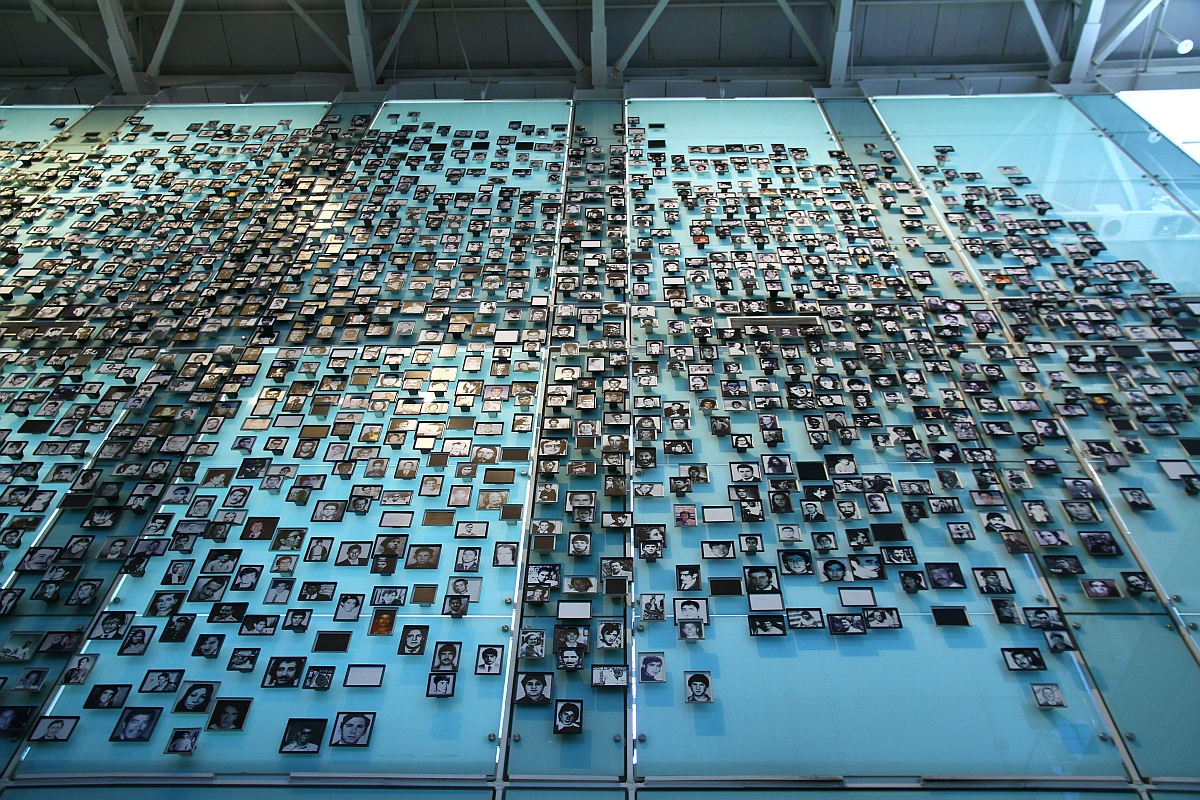
Museum of Memory and Human Rights, Santiago. An interior view of the museum commemorating the victims of Pinochet dictatorship.
My wife and I were at the reading of allegations not many years ago against the generals in Buenos Aires and I was seated next to people who had lost loved ones in the juntas, I was there with the deputy minister of justice Alfredo Jorge Kraut, and we were invited to be present at the reading of the indictments. People who had lost children held up photographs of those they had lost, sitting and standing behind a glass wall. But up in the galleries the children of the accused, were laughing and calling out to their parents! it was a crazy scene. One I shall never forget.
What is your takeaway? How do you square the horror of things you witnessed - or heard about - with the ideals you had been taught?
Intellect is no protection against evil. If you look at the American Congress now cheering ‘Glory to the Ukraine’, what do you say to all the drones that killed people in Iraq? What about the loss of life in South America perpetrated by the CIA, toppling regimes and furnishing arms? Am I given to conspiracy theories? Watching movies and thinking 'I was there' and I believe it all? Partly, yes. And partly no. Things are exaggerated and distorted. But the core is the issue. How is it possible for social democracies to conduct such compromises? I mean in marginal and sweet Canada, the multicultural experiment, what about the treatment of the native populations? It’s horrifying. What about the prejudices that existed against ethnic minorities? It was very visible until the late ‘60s, in law firms, corporate high-end positions, the country clubs. Up until the Trudeau era. The first Trudeau.
Generally, how do we reconcile the capacity of people to turn towards evil? By people who looked perfectly normal? The question then becomes ‘Is there a subspecies of psychopaths in every culture?’ – but I think that is too extreme a view. I think that it is more true that groups of people are overridden by an over-identification with dominant ideologies and that [atrocities happen when] there is a distancing between the perpetrators and the victims. While it sounds like a banal observation, I think it is a correct one. It is an unanswerable persistent question and a universal problem.
In the Judaic culture, the Talmud describes the two tendencies in the human condition: the tendency to good and the tendency to evil and I think it’s the simple way of stating a fact about human nature. St. Thomas Aquinas covered it up by talking about our tendency towards a common good. I’d like to think that… but look at the application of Catholicism and its contradiction. And neither the Church nor our institutions are escaping scrutiny in the modern era.
Years ago I had the privilege of interviewing the former head of CBC news, the late Joe Schlesinger, who as a child had been one of the Winton children. He had covered a lot of conflicts and what he said was that there were winners and losers but that the losers were “always the same”. Those who had the least, who were trying to get by before and were now trying to flee.
Yes, absolutely and it’s always been like that. In the history of my own people and origins that was true. Who survived – I mean there are terrible facts and realities - in progressive Holland, a liberal culture since the time of Spinoza, where Jews came largely from Portugal in the 17th century, well the Judenrat gave the names, and the wealthy were the last to go and the ordinary people selling fish and driving taxis were herded up and taken away. In Holland, outside of the Anne Frank story, there were betrayers outside of the community, inside, and they had the fewest number of survivors of any country in western Europe.
We have been talking about the past, about the perpetration of evil, about tragic history, as well as the political turbulence and scandals of today. How has Canada come out of it? You have said that the Canada I knew has changed quite a bit. I grew up in the middle of the multicultural project in the 1970s and 1980s and believed in it. I still do.
We are a better country than we were in the 1950s and 1960s – Trudeau made a real difference. [While Weisstub credits the former prime minister with many successes, he is not uncritical of Trudeau's time in office including his handling of the October Crisis, his treatment of Quebec politicians, and what he calls Trudeau's cozying up to Castro and other authoritarians - ed. note]. And the values that you were raised with were great and it is a Canada that I totally believed in. But what’s happening more and more is that the kinds of things that are being exposed are kind of globalised and I wish that we could maintain our ‘moral superiority’ better than we have been able in the face of all the political influences and political quarrelling.
The map of Canada has changed since you lived there. If you go to Vancouver or Toronto and you see the non-resident ownership of property, where young professionals are unable to own homes and prices are through the roof, there are external pressures. There is a lot of money that has fallen into Canada, money from around Asia, from China of an unthinkable magnitude but also Iran, the Middle East and Africa. Canada is not the country that you left. It is not degraded - it is marvellous – but it is not the actual world that former prime minister Pierre Trudeau created.
You have been awarded an honorary doctorate from Charles University for your life’s work including your pursuit and dedication to ethics in medicine and human rights and also your cooperation in ethics at the First Faculty of Medicine.
[Rector emeritus] Tomáš Zima and I have worked together for a long time, we founded an international academy (The International Academy of Ethics, Medicine and Public Health) together with Professor Christian Hervé in Paris and we have 160 signatories around the world of cooperative bioethics centres. It was a major project started about a decade ago and we have had numerous colloquia there and held congresses here in Prague from the world of law and bioethics and mental health.
Most certainly the cooperation has been intense and we just completed a book coming out with Springer Publishers in a series I founded on medical research ethics. That is now in press and the first time that we will have a review from countries about their legislation and bioethics, everything from foundational issues to cutting edge work in genetics, neuroscience and areas that are very special from the point of view of medical research ethics, so this is a very extensive and powerful cooperation.
How do I see Charles University? Charles University was a focus in my childhood with my father and it was this: a citadel. Of culture and humanism and science, so this connection has been heartfelt and will continue. Rector emeritus Zima made ethics a critical part of medical education at the university that I will think will have a very positive impact.
He stepped down just recently, in January at the end of his second and final term. The new rector is Professor Milena Králíćková, a dedicated researcher and a medical doctor. She is also the first woman to hold the post since the school was founded in 1348.
It’s overdue! Marvellous! Clearly Charles University is advancing with the times I have heard that she is an important researcher and it is positive for the school, for female students and their colleagues. Bravo!
| Professor David N. Weisstub, Dr.h.c. |
|
Professor Weisstub founded the International Journal of Law and Psychiatry (IJLP) and served as its editor-in-chief for 40 years. The journal is world renowned in its field. In addition, he was the founder and editor of the 80-volume International Library in Ethics, Law and the New Medicine, which is considered one of the most important scholarly and editorial initiatives in the field of bioethics. He was knighted by the Queen of Holland, made a Chevalier of the Legion of Honour in France and Grande Ufficiale by the government of Italy. He has previously received honorary doctorates in Canada, the USA, Belgium, Italy and Austria.
A world-renowned expert on law and mental health, he is a member of numerous advisory boards and leading professional societies, and has lectured at more than one hundred universities worldwide. His contribution to the field of human rights was also invaluable, particularly his role as an advisor to the Forensic and Anti-Torture sections of the World Psychiatric Association.
He has led numerous human rights missions, including to Argentina, Chile, Paraguay, Cuba and the former Soviet Union. He is currently serving as a Senior Fellow at the Raoul Wallenberg and Cotler Centre for Human Rights in Montreal. He is also the Lifetime Honorary President of the International Academy of Law and Mental Health (IALMH), based on the belief that issues arising from the interplay between law and mental health can best be addressed through multidisciplinary and transnational approaches, drawing on legal science, health disciplines, and the social sciences and humanities. He is also co-president of the Académie Internationale d’Éthique, Médecine et Politique Publique, headquartered at the Université René Descartes de Paris V (Sorbonne). Professor Weisstub visited Japan 23 times since the 1980s to act as a Senior Foreign Consultant to the Ministries of Justice, Health and Social Welfare for the reform of health legislation and the creation of a new forensic system.
Professor Weisstub is also a poet, having published his first work Heaven,Take My Hand with McClelland & Stewart in Canada and a second volume of his poems, The Four Corners, with Somondoco Press in the USA. |



